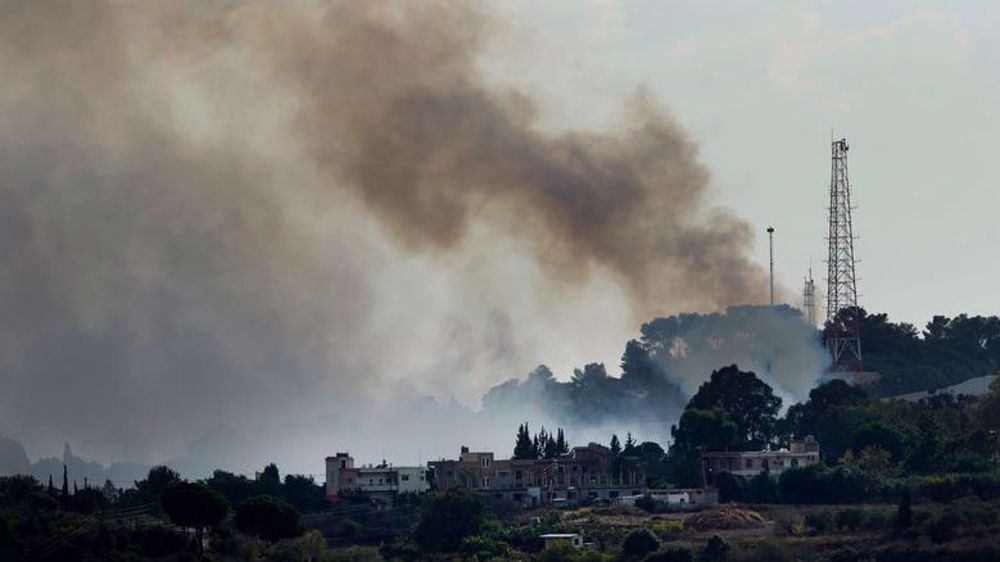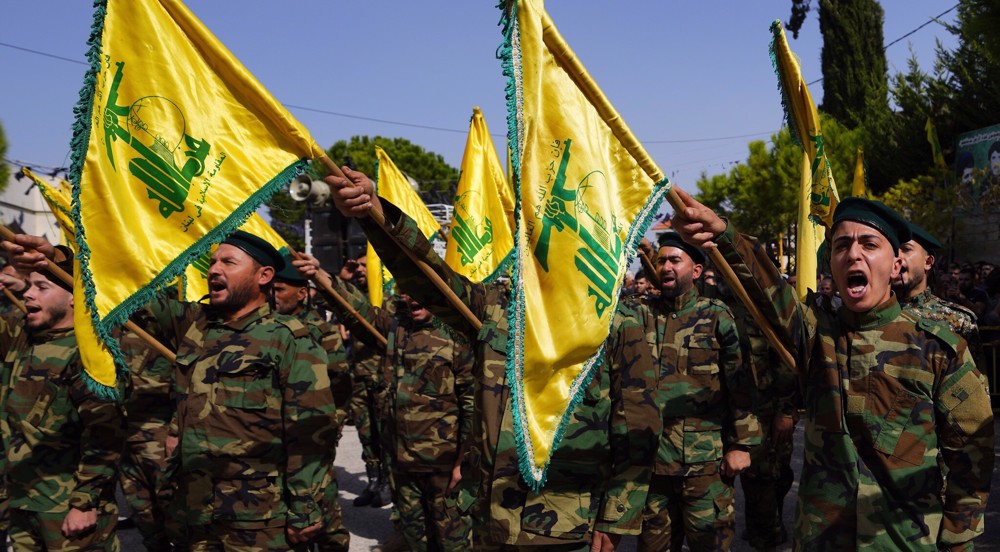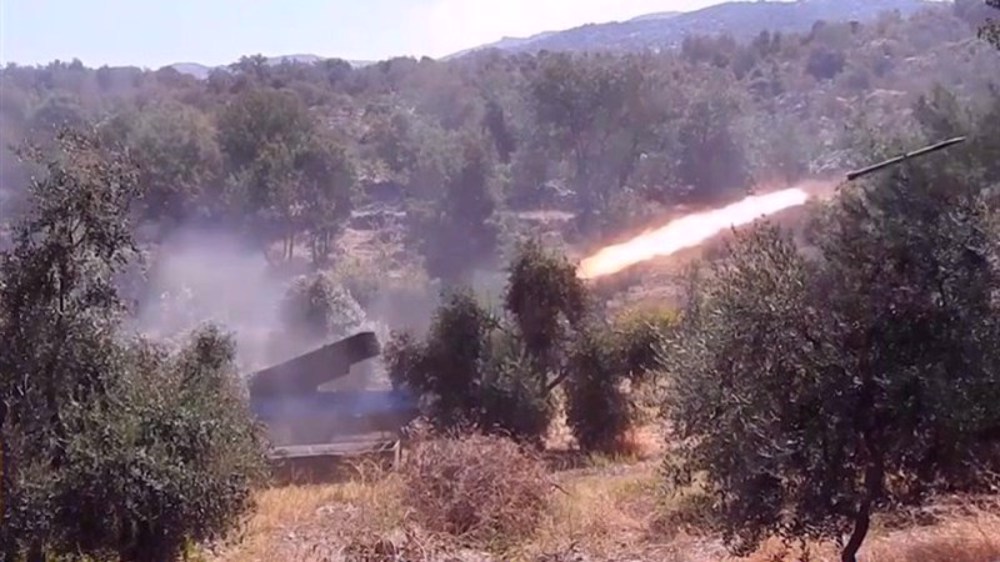Lebanese parliamentary panel set to approve 2020 budget this year
The Lebanese parliament's budget and finance committee will approve the 2020 budget by the end of the year as the country is struggling to form a new government amid mass protests.
Committee head Ibrahim Kanaan said in a televised news conference Thursday that the committee must quickly finalize a budget needed to restore confidence in the country and take account of bruising economic conditions.
"Before the end of next month, the holiday season ... we will have finished the debate and approval of the 2020 budget," media outlets quoted Kanaan as saying.
Kanaan went on to say that the next government must adopt it. "It is not possible for the new government not to adopt this budget because when this budget is approved it will become a law."
Elsewhere in his remarks, Kanaan said treasury revenues had been almost non-existent for the last 45 days, but assured the Lebanese that public sector salaries would be paid.
In a separate development, a union representative on Wednesday said petrol stations in Lebanon would begin an open-ended strike on Thursday. There were queues at some petrol stations in Beirut late Wednesday but the situation remained relatively calm.
On Wednesday, a group of around 100 women marched from Ain al-Remmaneh to Chiyah to denounce violence. They chanted "No to civil war!" and "We are all united!" and were greeted by residents throwing flowers and rice from balconies.
Since October 17, protesters have held nationwide rallies, expressing discontent with what they view as the government’s failure to find solutions for the country’s economic woes.
However, activists on social networks blamed thugs for "infiltrating" protests.
Lebanese President Michel Aoun has reiterated his call for a dialogue with protesters as the country is struggling to form a new government after Prime Minister Saad Hariri tendered his resignation nearly a month ago.
Addressing the nation in a televised speech marking the country's 76th Independence Day on November 21, Aoun renewed his invitation to protesters to send representatives to the presidential palace in Baabda, east of Beirut, for talks.
Protests have pulled Lebanon deeper into economic crisis, worsening a hard currency crunch that has hit importers and raised fears of price hikes and shortages.
The Lebanese Finance Ministry says the national debt is hovering around $85 billion, which accounts for more than 150 percent of the gross domestic product (GDP).
More than 25 percent of the Lebanese live in poverty, according to the World Bank.
Lebanon has been grappling with the worst economic conditions in decades. It is hoping to enact urgent economic reforms that can convince donors to disburse some $11 billion in aid pledged at a conference last year.
The United States and its Persian Gulf allies have imposed sanctions on Lebanon's economic assets and figures for alleged cooperation with the Lebanese resistance movement Hezbollah.
Germany clears pro-Gaza camp as US-style demos spread across Europe
Iran: US lacks competence to comment on human rights, freedom of expression
It could take 14 years to remove debris left by Israel war on Gaza: UN
Iran, China discuss military cooperation
Sanders to Netanyahu: 'Don’t insult American people’s intelligence'
Tehran economic conference: Raeisi hails Iran-Africa expansion of ties
VIDEO | Press TV's news headlines
Severe heat wave hits India as phase 2 of polling begins













 This makes it easy to access the Press TV website
This makes it easy to access the Press TV website